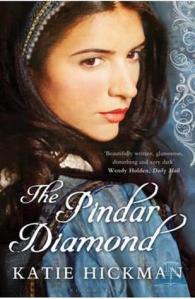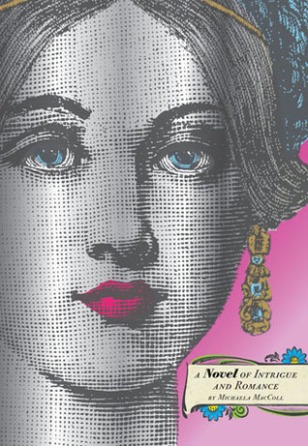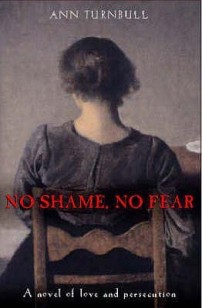 Before I start with my usual summary, I feel I should mention the grand mix-up that led to this book. It’s a Bookfest acquisition and was on the Children’s Books table. The cover does look like YA, doesn’t it? Upon reading it I can tell you I wouldn’t be giving it to a young teen, at any rate, due to content. But it was still enjoyable, even if I haven’t read Book 1! There’s no number anywhere on it, either, so I didn’t know it was a Book 2 (though to be honest, I wasn’t confused for the most part and it can read like a standalone novel). So know that when reading this review, I’m reviewing it as standalone. I DO want to read Book 1 though!
Before I start with my usual summary, I feel I should mention the grand mix-up that led to this book. It’s a Bookfest acquisition and was on the Children’s Books table. The cover does look like YA, doesn’t it? Upon reading it I can tell you I wouldn’t be giving it to a young teen, at any rate, due to content. But it was still enjoyable, even if I haven’t read Book 1! There’s no number anywhere on it, either, so I didn’t know it was a Book 2 (though to be honest, I wasn’t confused for the most part and it can read like a standalone novel). So know that when reading this review, I’m reviewing it as standalone. I DO want to read Book 1 though!
Right– so the book follows the lives of several different people whose lives are all intertwined, even if they don’t yet know it. Largely taking place in Venice in the time of gambling houses and courtesans and the plague, it’s a dark, twisting tale of love, heartbreak, and greed.
This was a beautifully written novel with a strong sense of character and setting. All of the characters were intriguing in their own way, but truthfully I was more caught up with the nun’s story than anyone else’s (which bodes well for me–it sounds as though she may feature in Book One and if there is a Book Three, my guess is a part of the story might be hers as well… maybe!).
Venice of old is a dangerous place and I feel as though the author captured all the nitty-gritty details of life there–from the convent to the courtesans and gamblers.
I feel as though I can’t comment much on the plot, other than that all the different threads came together quite well (though I could certainly see where the story was going long before the reveal, which might have helped in a way because I kept yelling at the characters when they missed chances to meet!). As a sequel, I’m not sure how good it is, but I have been convinced to read the first book so that’s something, right?
Sorry this review feels scattered — this is why I should review books after I read them, not three books later! 😉 This is recommended, though perhaps start with book one first!






